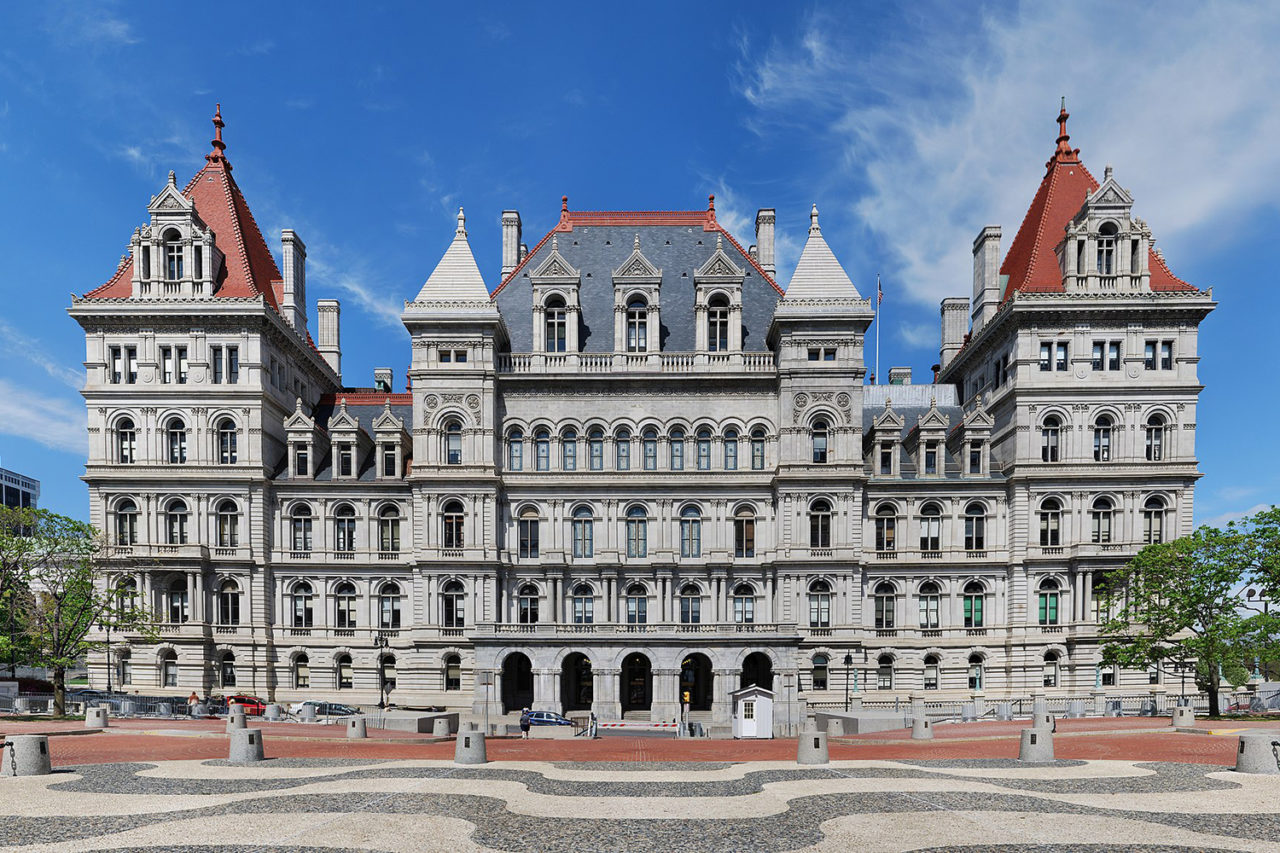by: Adam Roberts
The New York State budget is the most important policy proposal debated in Albany each year. More than a collection of fiscal items, the state budget is instead comprised of a series of bills that are debated and passed simultaneously. Lawmakers will often group controversial bills together in the budget, forcing their fellow lawmakers to vote on an entire package of policies rather than individual ones.
The Fiscal Year 2023 Executive Budget, which is passed in 2022, comes at a critical political moment in New York politics. It is the first budget proposed by the state’s new governor, Kathy Hochul, who took office a few months ago. After the 2020 general election, Democrats captured a supermajority in the state legislature, allowing them to pass legislation over the governor’s veto. Yet, the 2021 general election saw Democrats suffer major losses in local races, particularly downstate. While Democrats can still pass more aggressive policy changes, they may be more hesitant to do so.
The FY 2023 budget contains many policies integral to the practice of architecture. Around housing, the governor is pushing ahead with legalizing accessory dwelling units (ADUs)—including backyard apartments, attic or basement apartments, mother-in-law suites, and casitas— in New York City. This proposal is intended to bring illegal apartments under government oversight while increasing the amount of housing stock available to combat the housing crisis. An earlier version of Hochul’s budget proposal legalized ADUs for the entire state but was dropped following opposition from suburban lawmakers.
Other aspects of the state budget would also have implications for architects. Hochul has proposed legalizing alcoholic drinks to go, which would impact the design of restaurant and hospitality establishments. However, the proposal has faced pushback from Democrats in the legislature. Meanwhile, changes to bail reform are also being considered by both the governor and legislature. These may alter designs for new correctional facilities by changing how many ad what type of people are being. Around sustainability, Hochul has proposed instituting a statewide ban on fossil fuel use in new buildings.
AIA New York has expressed strong support for some of these measures, including legalizing ADUs and instituting fossil fuel bans. However, some of these policy changes may complicate AIANY’s work on other issues, such as its support for outdoor dining and opposition to new criminal justice facilities.








